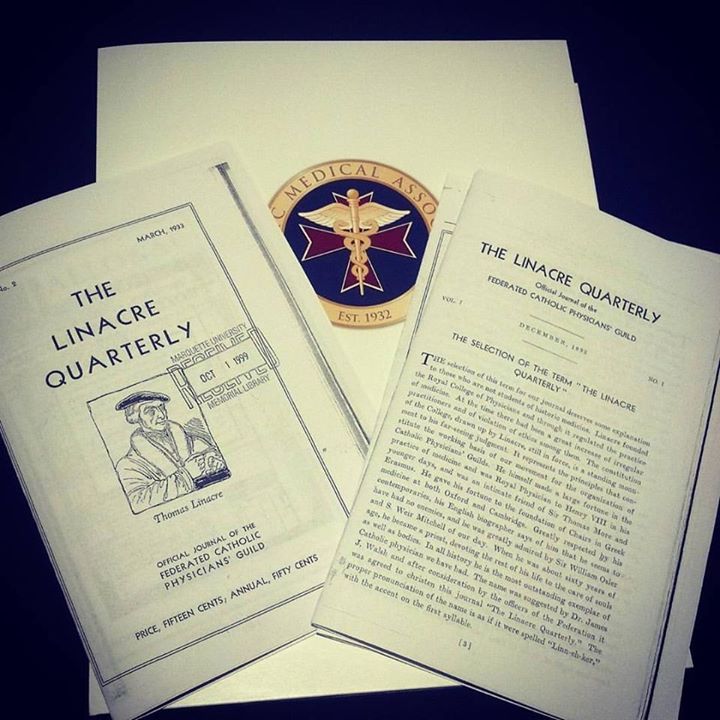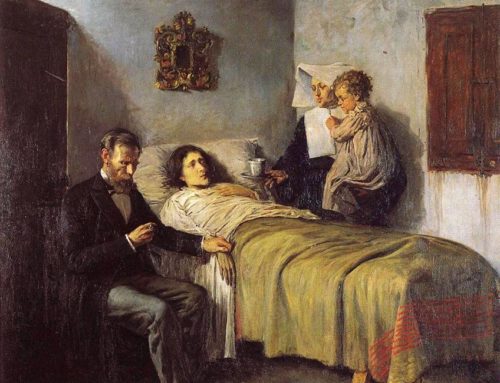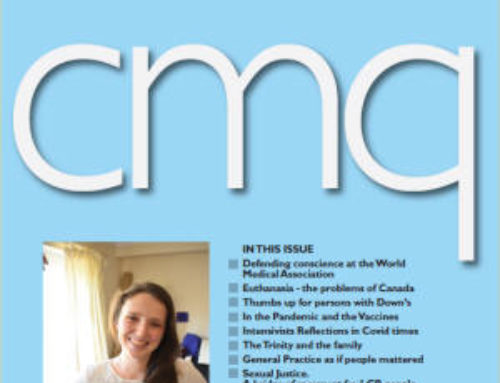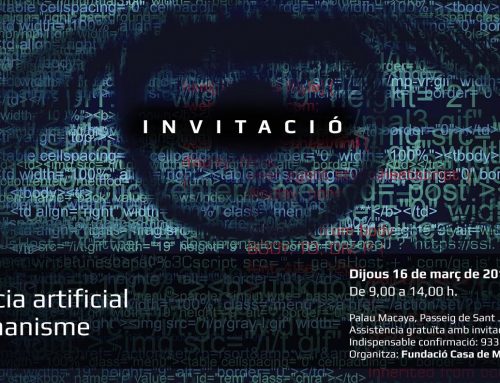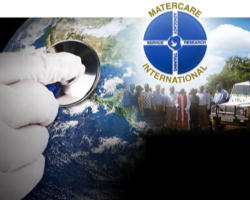Jeffrey W. Fuchs BS, Joseph R. Fuchs, BS
First Published June 30, 2020 Research Article
https://doi.org/10.1177/0024363920936080
| Article information |
Abstract
Since his election in March 2013, Pope Francis has brought significant attention to the concept of “throwaway culture.” This moral paradigm—which has been defined by Francis in various speeches and the encyclical Laudato si’—characterizes a present-day culture in which food, disposable objects, and even human beings themselves are “discarded as ‘unnecessary.’” As Catholic physicians, it is our duty to ensure that we are working to counteract throwaway culture in our daily clinical practice by embracing and exhibiting a culture of encounter. When throwaway culture is discussed within the context of medical practice, it is easy to think of major life and systemic issues including abortion, assistive reproductive technology, physician assisted suicide, and so on. However, rejection of throwaway culture has much broader implications for Catholic physicians. We are called to resist this perverse culture whenever we experience a situation that requires special attention to the respect of human dignity. In this article, we present two common situations encountered in clinical practice in which it is essential to counteract throwaway culture and embrace a culture of encounter: in working with patients who are isolation settings and those who require translation services. Various studies are cited which demonstrate a lack of respect for human dignity that can be seen when working with these patient populations, and recommendations are provided which illustrate how to embrace a culture of encounter in each scenario. The authors conclude that through adoption of a culture of encounter, Catholic physicians as a community can be role models for coworkers, trainees, and students, promoting a culture in which we validate human dignity and ensure the quality and just care of even our most vulnerable patients.
Summary:
Pope Francis had defined a “throwaway culture” in which “Human life, the person, are no longer seen as a primary value to be respected and safeguarded.” In this article we present two common situations encountered in clinical practice in which it is essential to counteract throwaway culture and embrace a culture of encounter: in working with patients who are isolation settings and those who require translation services. We conclude that, as Catholic physicians, it is our duty to ensure that we are working to counteract throwaway culture in our daily clinical practice by embracing and exhibiting a culture of encounter.
Keywords Catholic social teaching, Communication between healthcare professional and patient, Dignity of the human person, Patient care, Pope Francis

